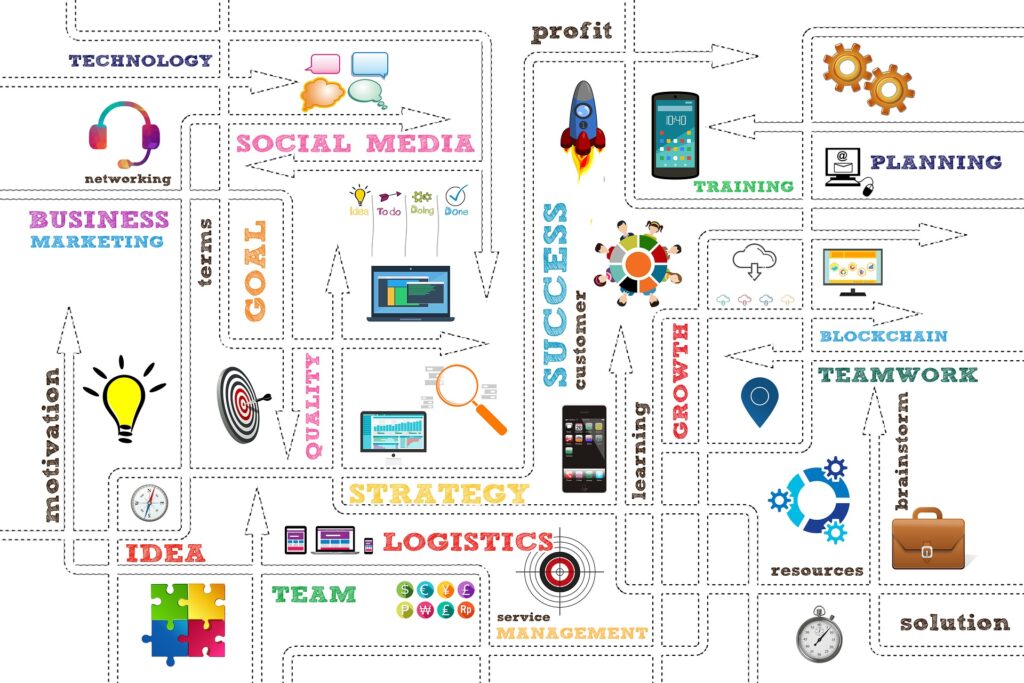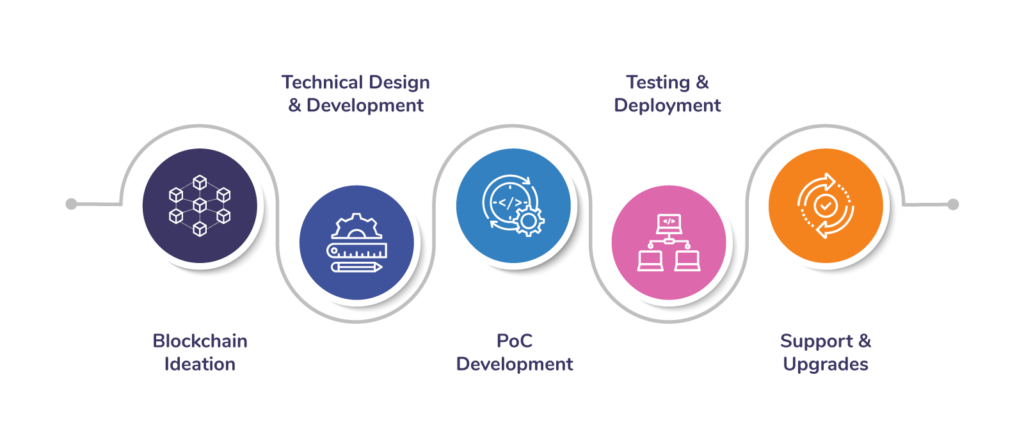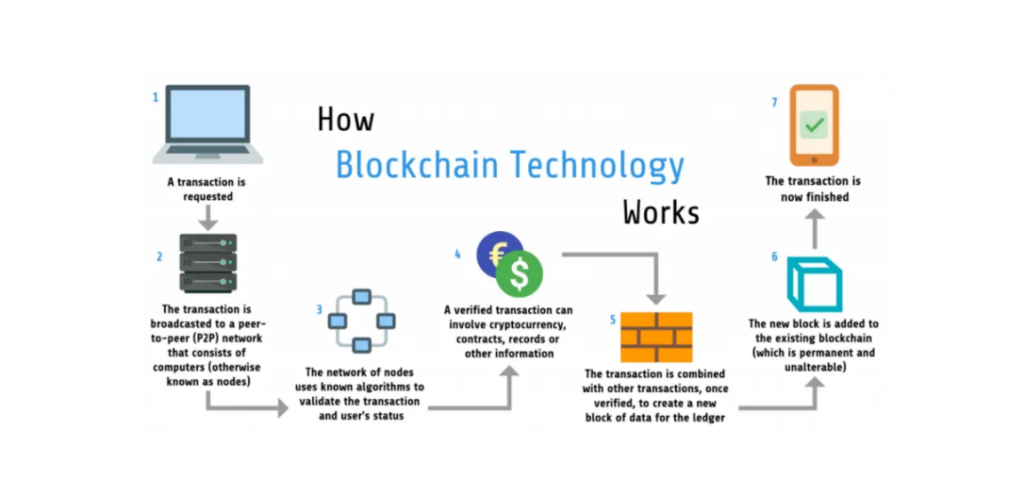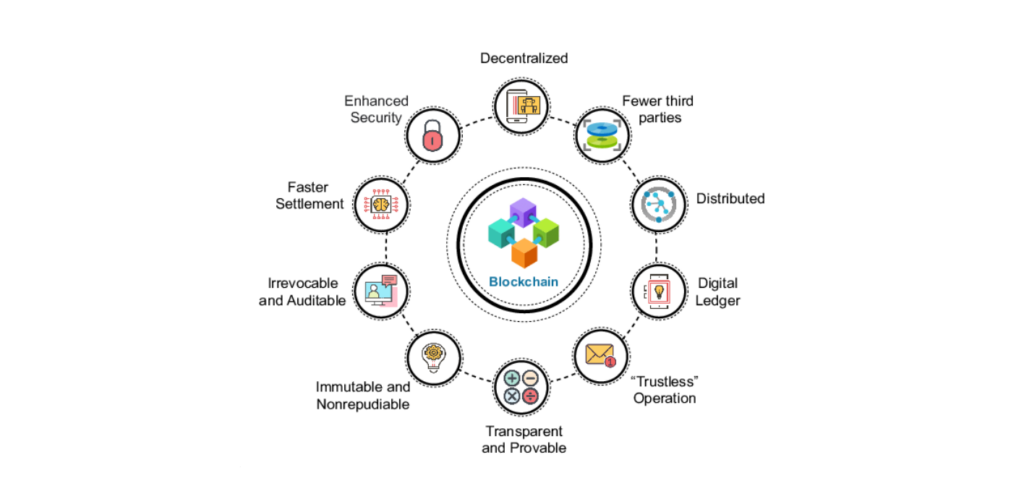A Direct Connection
Blockchain is a new complex model which accounting should understand the following: maintaining a ledger of financial information and transferring the ownership of assets in a safe and viable manner. A distributed Ledger is baked into the design of blockchain technology which ensures the confidence of everyone involved, and a strong cryptographic basis shows that when implemented properly, the blockchain technology offers unbreakable protection. For accountants the benefit of this technology is very clear even if the technology is a bit elusive:
Limited But Growing Use
The use of blockchain in the financial field is still largely investigative with nearly all major financial organizations exploring how to best implement blockchain technologies into their infrastructure. Tech giants have been traditionally tied to the financial industry are beginning to roll out various products. Accounting & Finance departments and functions don’t need to keep an eye on developments within the organization on blockchain technology.
Effects On Audits
As an accountancy expert, you’re likely relied upon for your skills in keeping records, ascertaining standards are met, and dealing with rules and regulations. With the trustworthiness of blockchain technology, it’s having an impact on how auditing is done. Having an understanding of how blockchain technology affects audits is important. Accountants with blockchain experience can serve as consultants by helping their clients navigate both implementation and regulatory issues related to blockchain technology. The automation of auditing allows for bookkeepers and accounting professionals to increase their advisory services to assist in interpreting results and train clients. In addition, add-on tech and services will be needed and created.
Increased Demand For Crypto Currency
Crypto currency is a complex topic with the nature of decentralization meaning there will be a number of regulatory issues accountants will have to deal with. Governments are reluctant to fully embrace the financial and monetary changes that they can exert little control over. With the widespread use of crypto currency among organizations, this means accountants need to be able to work with clients who invest or trade crypto currency, and having some knowledge of blockchain technology is essential for understanding their behavior. The net effect of this rapidly increased usage of blockchain in financial transactions has created a huge demand for interpreting and understanding tax effects of blockchain-related transactions.
Replacing Accountants?
The blockchain provides a high degree of trust when implemented correctly, which is why accountants worry this will reduce demand for their traditional accounting work. With blockchain comes a number of additional demands such as becoming more and more embedded with mainstream finance. Along with data analytics and machine learning, blockchain will make some tedious tasks easy to automate, but accountants will be needed to ensure accuracy and provide the analysis of the information their employers or clients need. More expertise will be needed than ever to analyze financial results rather than focusing on the mundane tasks of reconciling and verifying transactions. Blockchain technology is here, and accountants need to keep up to stay on top of their field.

Custom Blockchain Development Solutions
What Is Blockchain Technology? Blockchain is a method of recording information that makes it impossible or difficult for the system to be changed, hacked, or manipulated. A blockchain is a distributed ledger that duplicates and distributes transactions across the network of computers participating in the blockchain.
Enjoy increased security, efficiency, and transparency with custom blockchain application development, integration, and adaptation from top notch providers at a fraction of the cost. XBlock Consulting has partnered with the best solution providers that will meet your business needs.
Blockchain Development Process

Our Team Is Optimized To Meet Blockchain Industry Changes
Migration & Upgrades – To reduce any downtime and keep your processes running smoothly, we transfer your existing operation to blockchain by producing a roadmap that migrates, tests and updation.
Why is Blockchain the Future of Hybrid Projects?
How Secure is a Blockchain Development Platform?

The Key Features of Blockchain Technology

